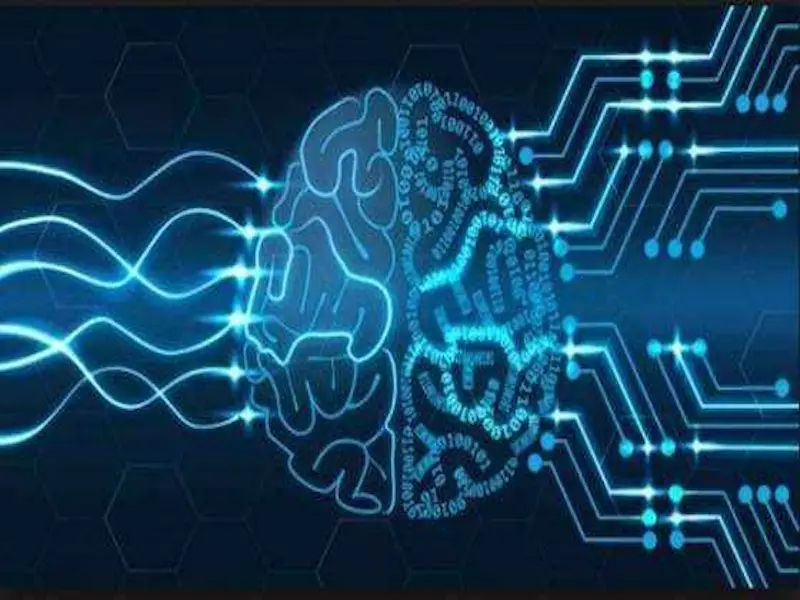- Augmenting decision-making: Cognitive computing aims to enhance human decision-making by providing data-driven insights and recommendations that improve the quality and speed of decisions.
- Understanding natural language: One primary goal is to enable machines to understand and interpret human language, making interactions more intuitive and effective.
- Learning and adaptation: Cognitive systems are designed to learn from experiences and adapt over time, allowing them to refine their algorithms and improve performance in response to new data.
Cognitive computing represents a significant advancement in technology, aiming to bridge the gap between human intelligence and machine capabilities.
With the increasing complexity of data and the demand for rapid decision-making, cognitive computing seeks to empower individuals and organisations by enhancing their ability to analyse information, understand natural language, and learn from past experiences.
As we explore the goals of cognitive computing, it becomes evident that this technology is not just about automation but also about augmenting human potential in a data-driven world.
Augmenting decision-making
One of the foremost goals of cognitive computing is to augment human decision-making. In an era where businesses are inundated with vast amounts of data, the ability to sift through this information and extract actionable insights is crucial. Cognitive computing systems leverage advanced analytics and machine learning to provide real-time recommendations based on patterns and trends identified within the data.
For instance, in healthcare, cognitive computing can analyse patient records and medical literature to assist physicians in diagnosing diseases and recommending treatments. By presenting relevant information quickly, these systems help professionals make informed decisions faster, ultimately improving patient outcomes. Similarly, in finance, cognitive systems can evaluate market conditions and historical data to support investment strategies, reducing risks and maximising returns.
Also read: Difference between AI and cognitive computing
Also read: Edge computing vs. cloud computing: Essential contrasts
Understanding natural language
Another critical goal of cognitive computing is to enable machines to understand and interpret human language effectively. NLP is at the core of this endeavor, allowing cognitive systems to engage in conversations, comprehend context, and respond appropriately. This capability enhances user interaction with technology, making it more intuitive and user-friendly.
Take customer service, for example. Cognitive computing can power chatbots and virtual assistants capable of understanding customer inquiries and providing relevant solutions. These systems can not only improve response times but also personalise interactions based on previous customer behavior. By breaking down language barriers and enabling fluid communication, cognitive computing paves the way for a more seamless integration of technology into daily life.
Learning and adaptation
A defining characteristic of cognitive computing is its ability to learn and adapt over time. Traditional computer systems rely on static programming, whereas cognitive systems are designed to evolve based on new data and experiences. This adaptive nature allows cognitive computing to improve its accuracy and efficiency continuously.
In sectors like manufacturing and logistics, cognitive systems can optimise supply chain management by analysing production schedules, inventory levels, and market demands. As they gather more data, these systems can identify inefficiencies and suggest adjustments, leading to cost savings and enhanced operational performance. The more they learn, the better equipped they become to tackle complex problems.
Implications for industries
The goals of cognitive computing have far-reaching implications across various industries. In education, adaptive learning platforms powered by cognitive technologies can personalise educational experiences for students, identifying strengths and weaknesses to tailor curricula accordingly. In retail, businesses can leverage cognitive insights to anticipate consumer preferences and optimise inventory management.
Moreover, cognitive computing is playing a vital role in scientific research. By analysing large datasets and simulating experiments, cognitive systems can accelerate discoveries in fields such as genomics, pharmaceuticals, and climate science. This capability not only enhances productivity but also fosters innovation.

